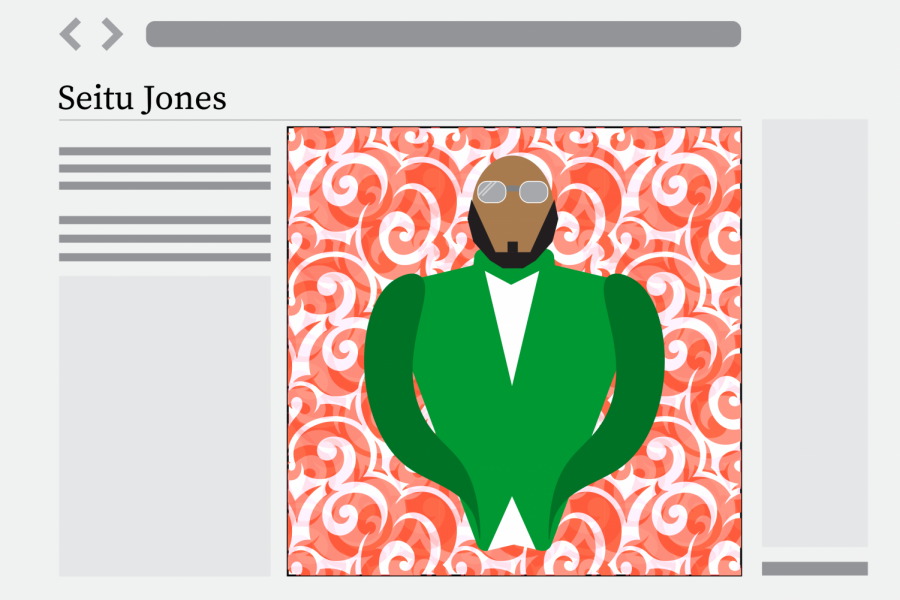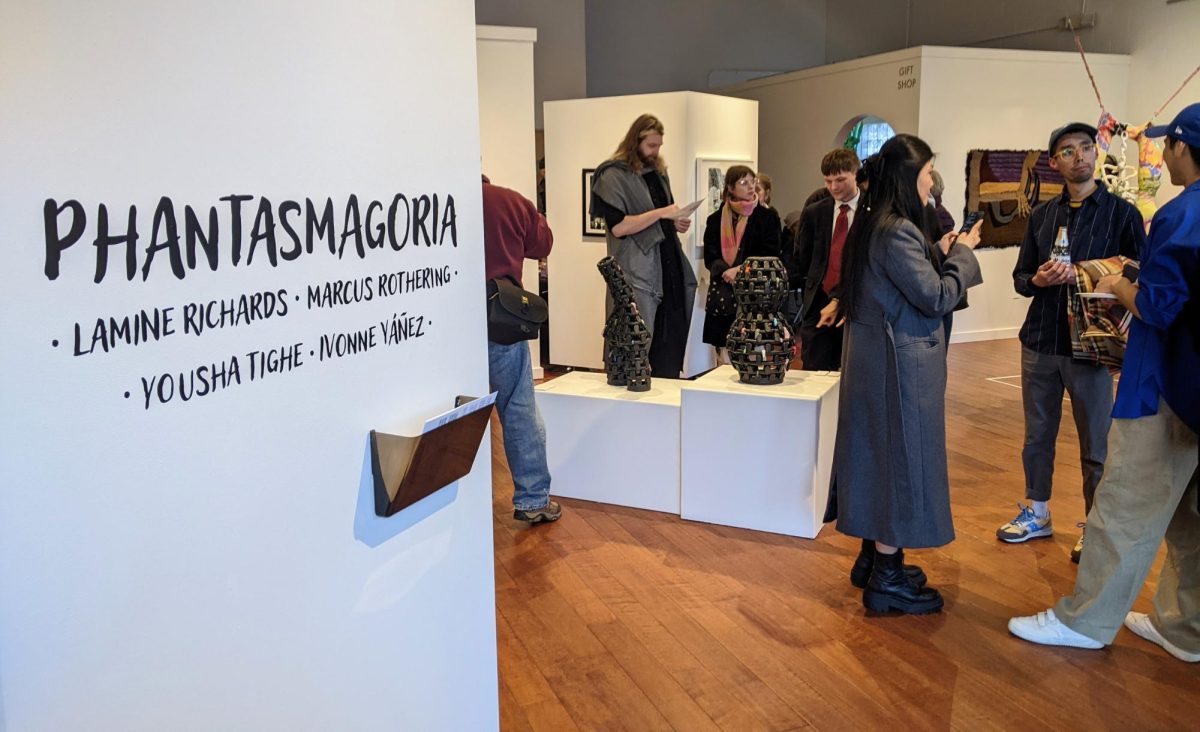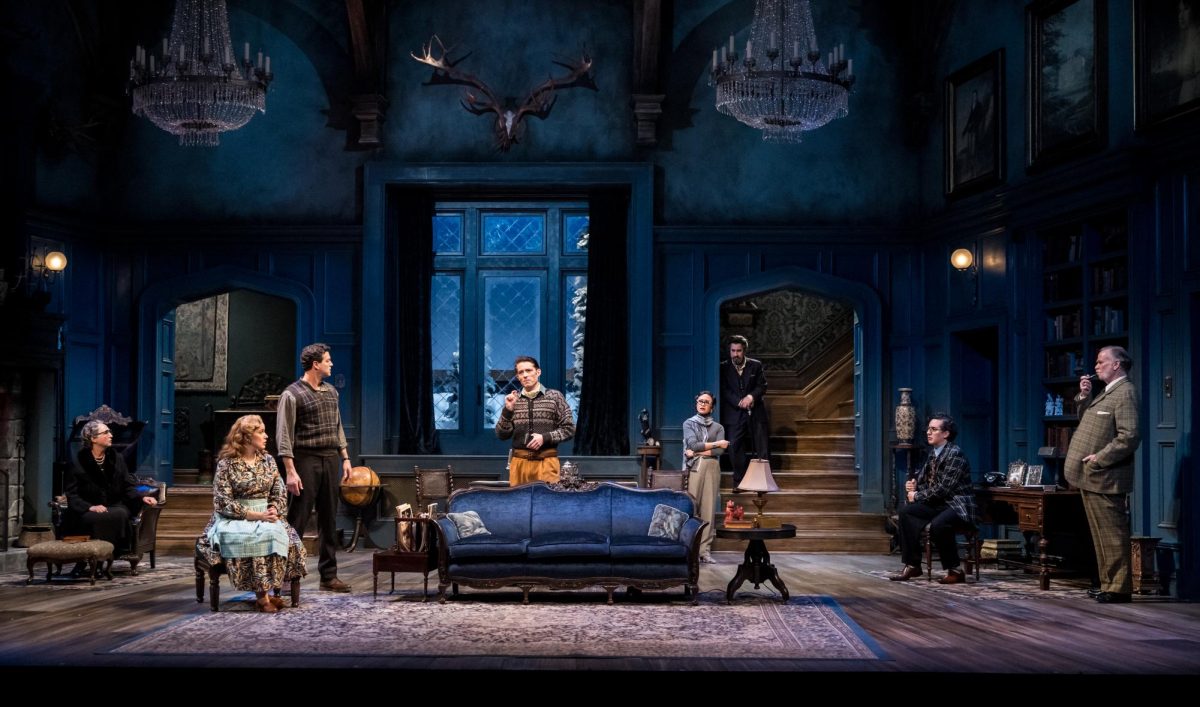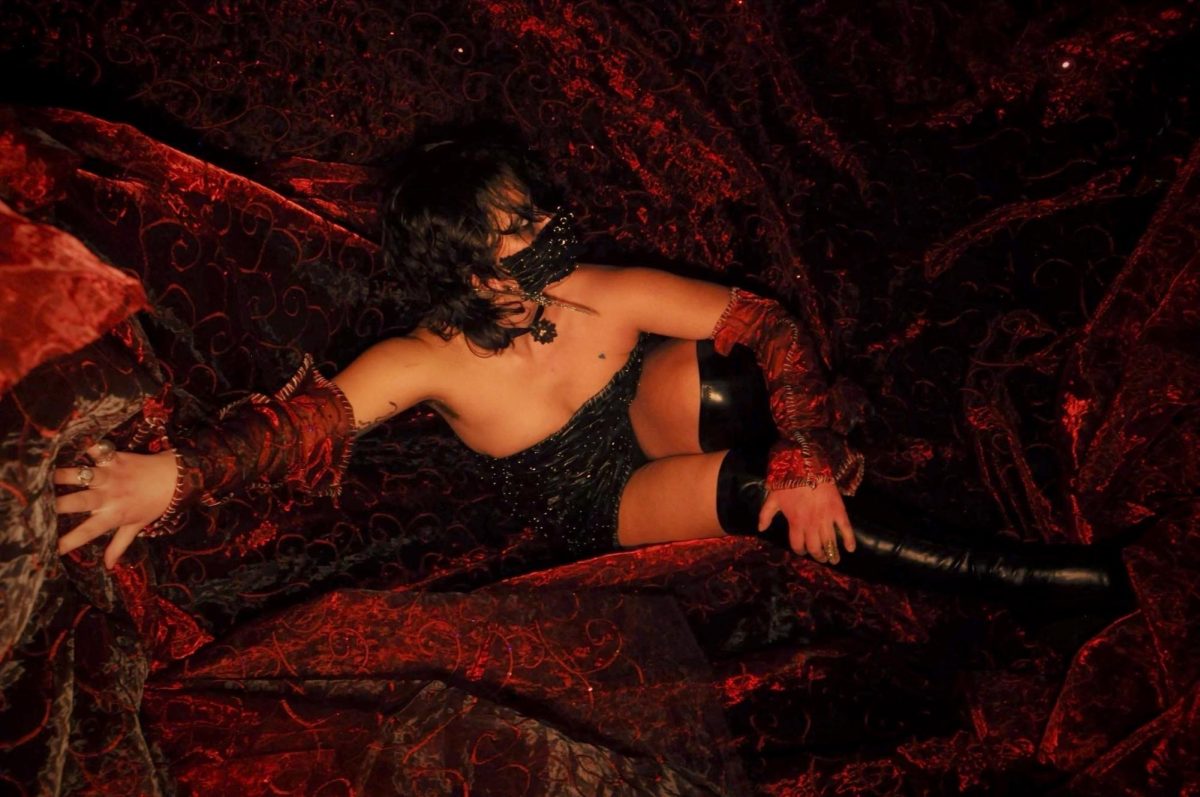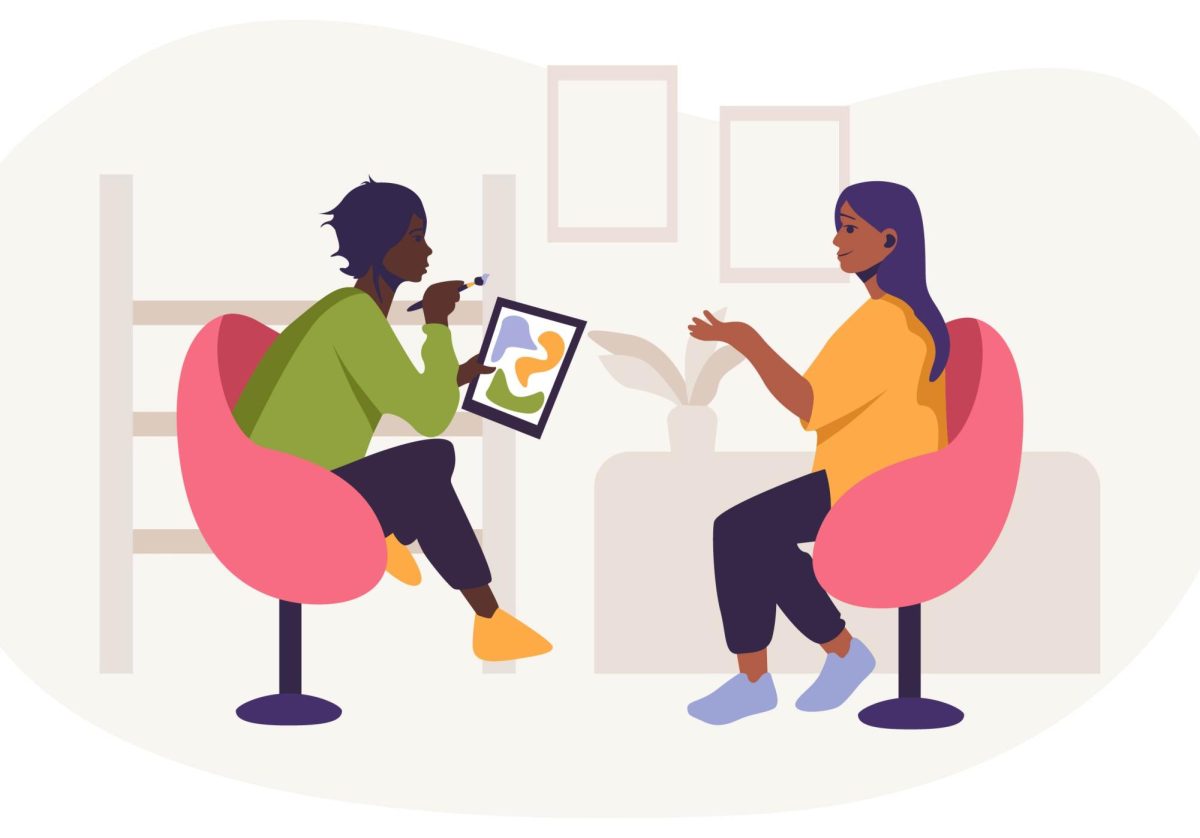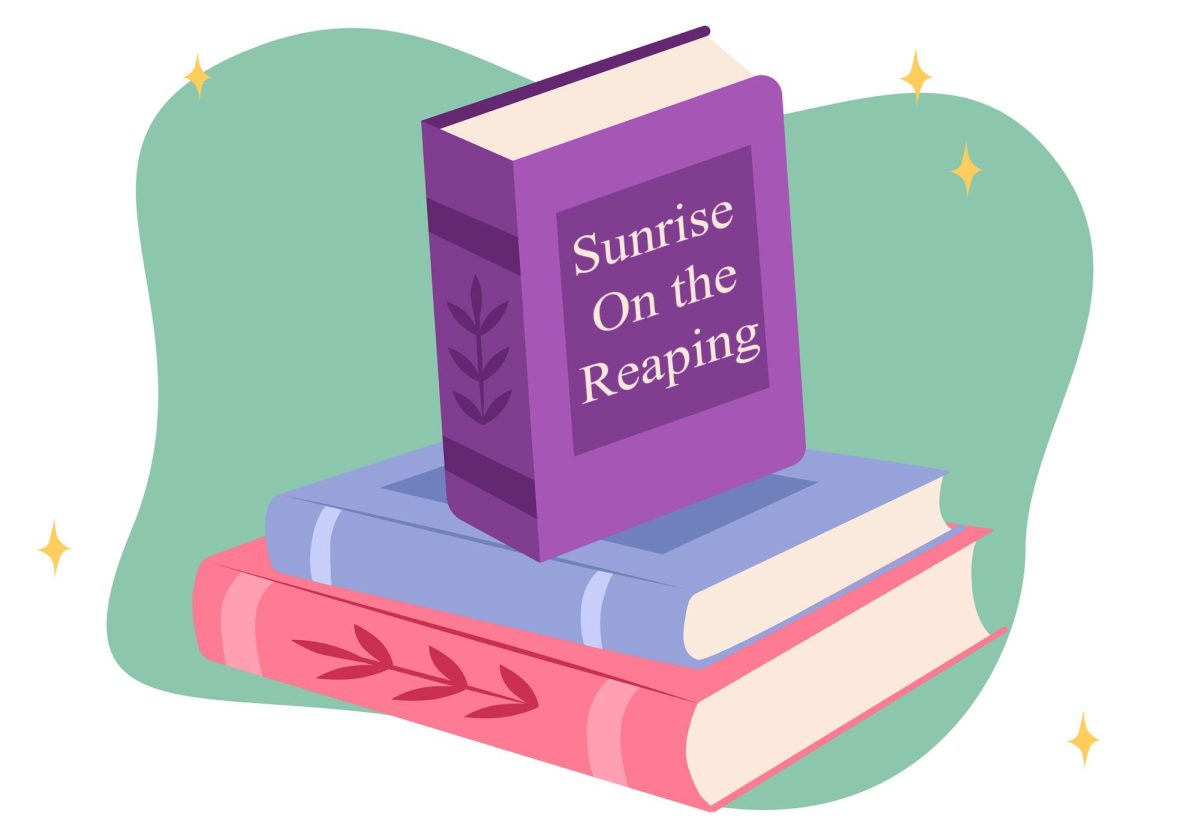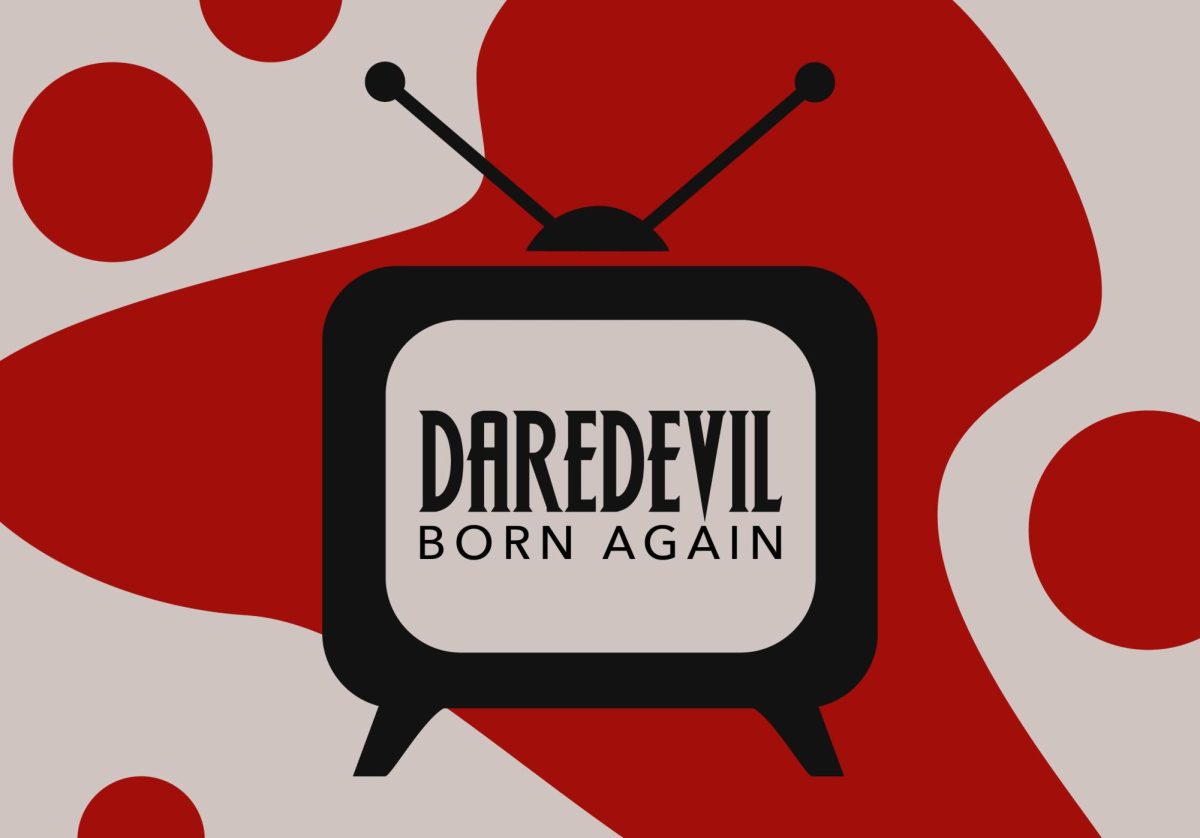For years people have questioned the reliability of Wikipedia because anyone can submit entries on the site. For Black Lunch Table, that’s exactly the point.
Black Lunch Table recently partnered with four Minneapolis art institutions for a Wikipedia edit-a-thon, a volunteer event focused on writing Wikipedia biographies for Black artists across the country, during the first weekend of February. The Minneapolis Institute of Art (Mia), the Walker Art Center, the Weisman Art Museum and the Minnesota Museum of American Art all collaborated on this event.
Black Lunch Table (BLT) is a nationwide history archiving project focused on creating and documenting a dialogue within the Black community as well as empowering the works and histories of Black artists. Organizers from BLT instruct and guide volunteers through the process of how to become Wikipedia editors and how to create and edit content within the site.
The event was hosted virtually, opening on Friday, Feb. 5 with an artist talk from co-founders of BLT, Jina Valentine and Heather Hart. They discussed their experiences as working artists as well as the goals for the project, followed by a Q&A.
Founded in 2005, the organization centers a large portion of its work around monthly Wikipedia edit-a-thons.
The majority of these edit-a-thons are hosted by arts institutions and social activist groups across the country. In years past, BLT would send a representative to help host these events, though due to COVID-19 all edit-a-thons have been taking place over Zoom.
The edit-a-thon began on Feb. 6 and focused on artists who have been featured or included in collections from the four museums. A list of Black artists who have exhibited work or been in residence at the institutions was provided for participants to create and edit the Wikipedia pages.
The event, lasting just over three hours, resulted in one new article, 34 edited articles and 2,570 words added to Wikipedia.
Mia, the official host of the event, has held edit-a-thons of its own over the past six years, despite this year being its first partnership with BLT. Anniessa Antar, activation specialist at Mia, said events like these are just a start in the process of addressing issues of underrepresentation within museums and cultural institutions.
“The kind of the first step is to just talk about the historic and contemporary marginalization and underrepresentation of Black artists, of women artists [and] Black women artists,” Antar said. “And so these Wiki edit-a-thons are kind of hitting — at least unveiling — the kind of inequity in representation in museums.”
Diane Mullin, senior curator at the Weisman Art Museum, echoed these thoughts. She said this edit-a-thon helped bring to light some of the missing generations of Black artists within the Weisman collection.
“We’re in the process of correcting that by identifying and stating: ‘It’s a priority to fill in this gap kept in our American collections,’” Mullin said.
Wikipedia director for Black Lunch Table, Eliza Myrie, champions the importance of a fight for archive equality and providing others with the skills to empower Black voices on a site that is, in the vast majority, edited by white men.
“We are a site for the production of discursive space for the people living history to be in charge and record it for themselves,” Myrie said. “It’s a project that helps us say, ‘These are people that are critical to culture, and they should be on here.’”


